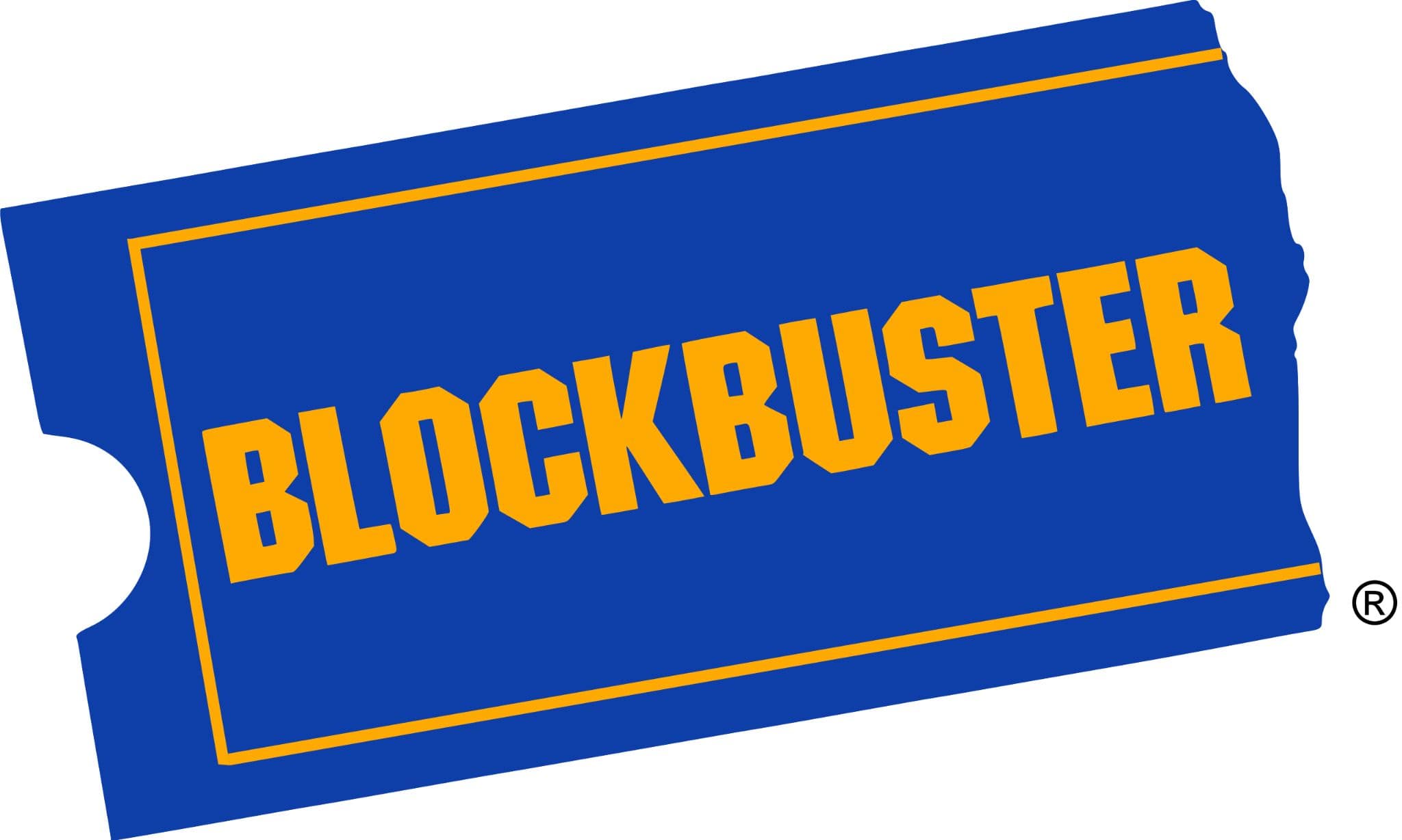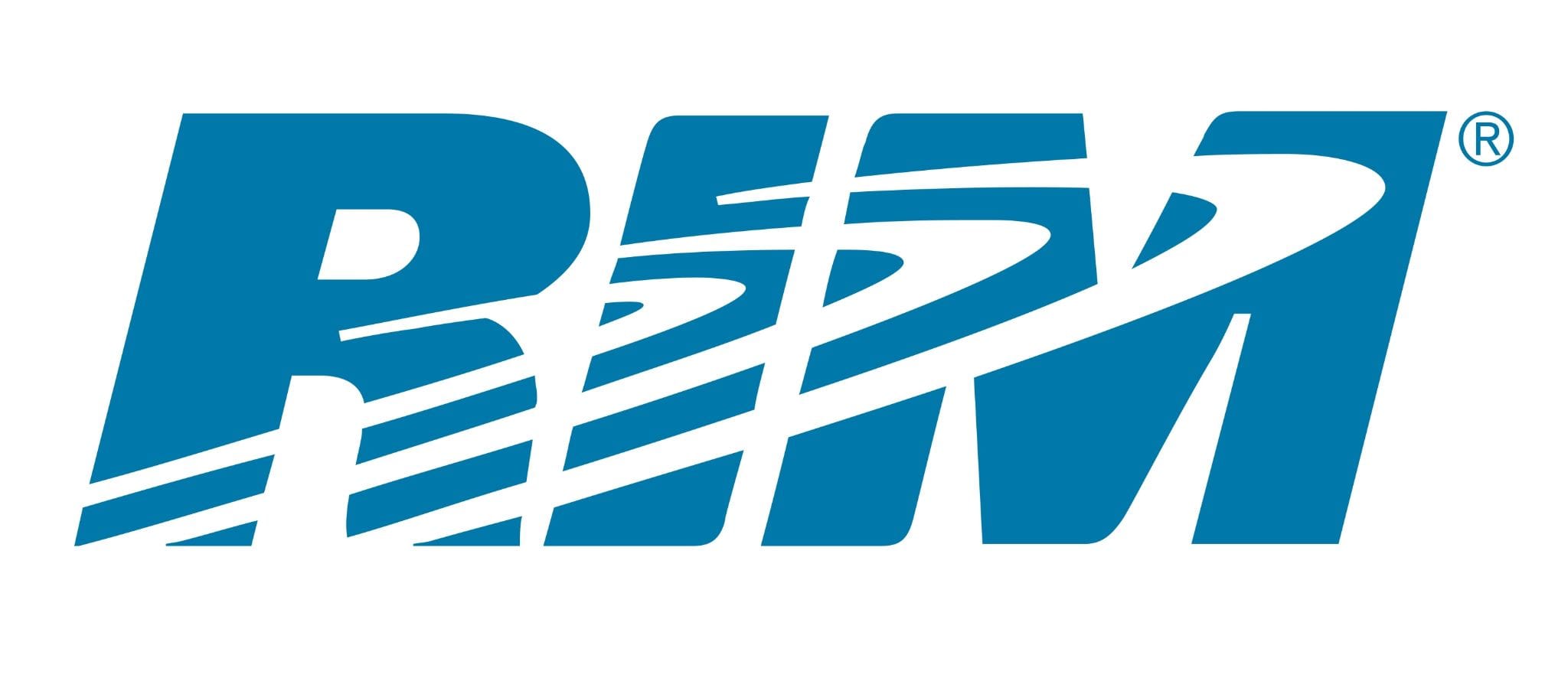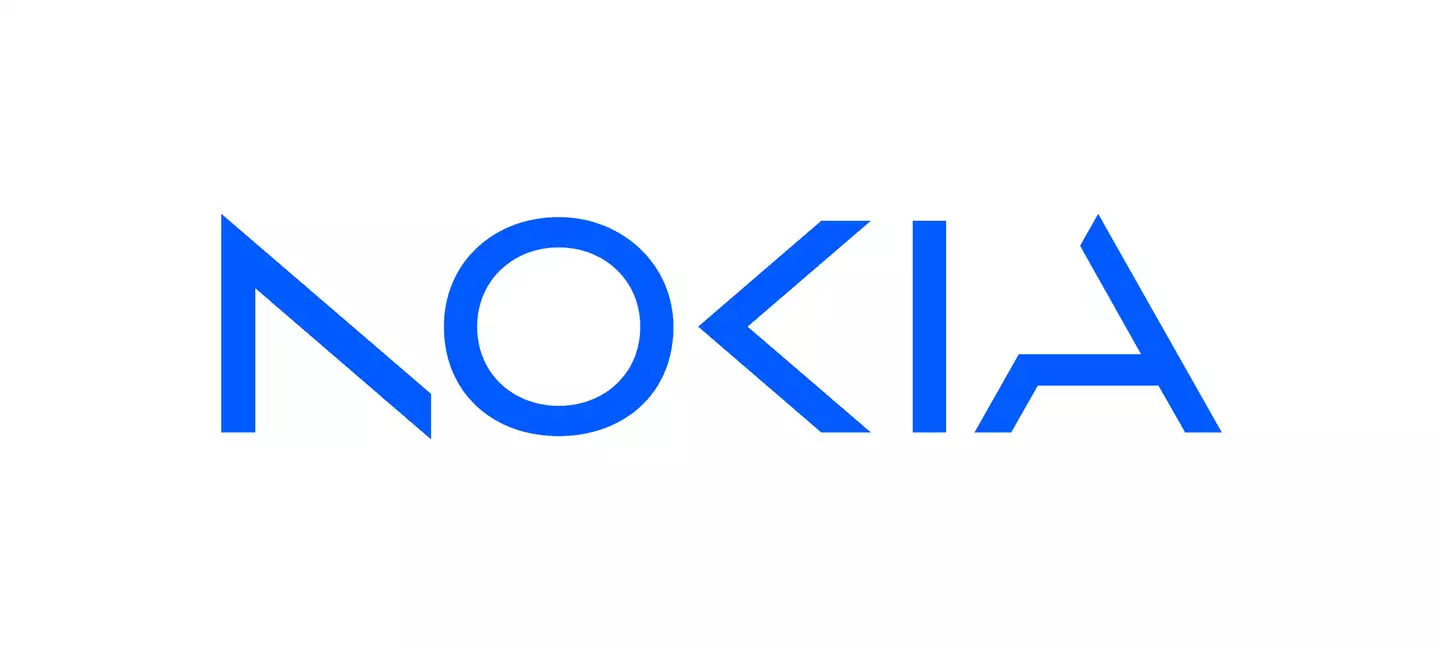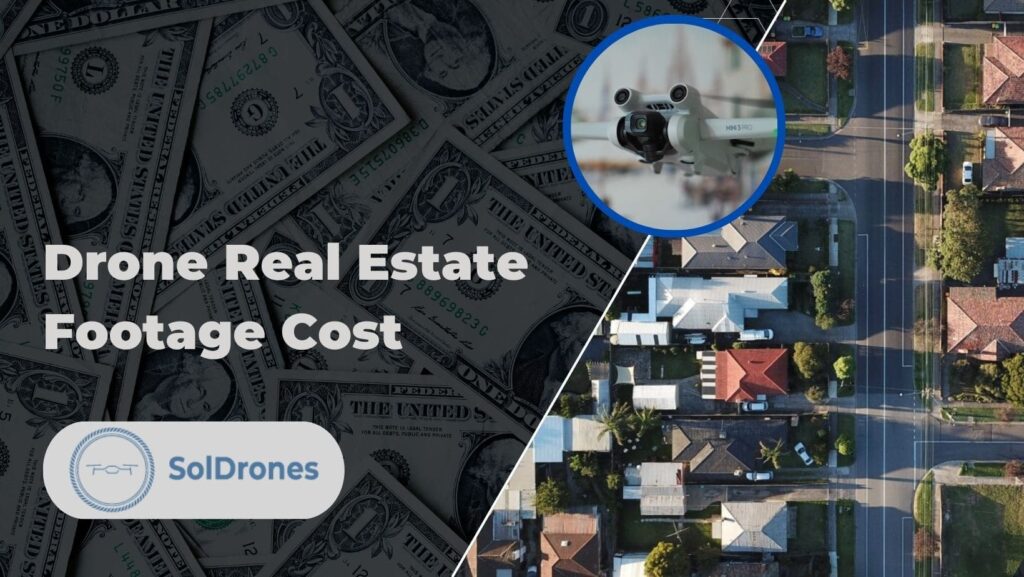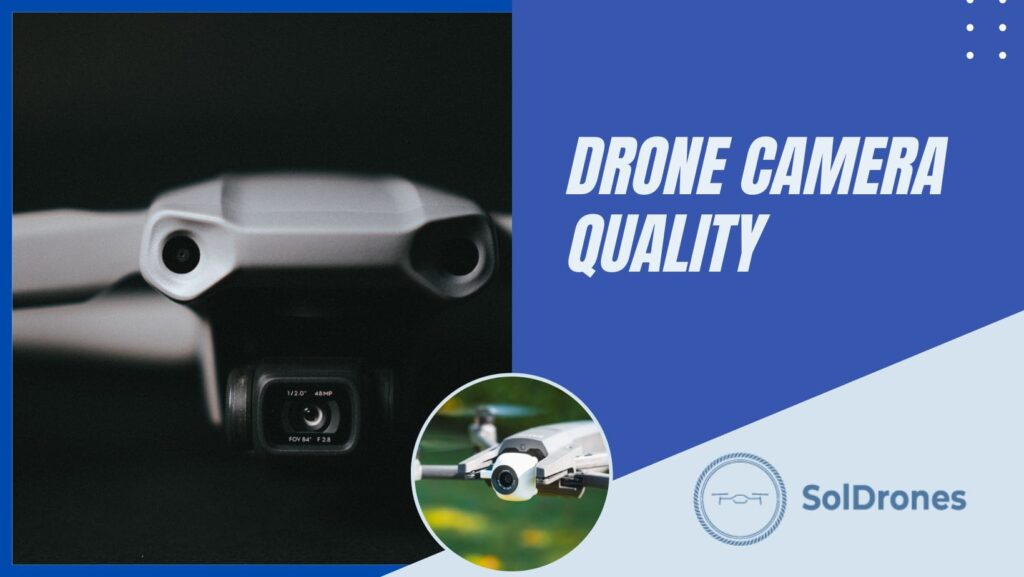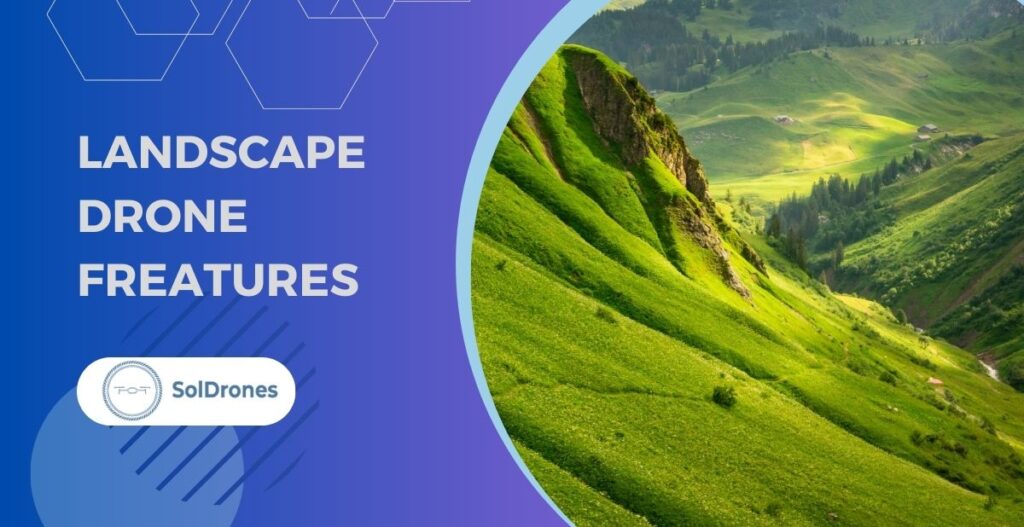In the bustling business world, two different types of entrepreneurs take the stage: the Fabian Entrepreneur and the Drone Entrepreneur.
The Fabian is like someone who plans a trip with lots of careful research and packing, ensuring everything’s just right. They take their time to make decisions, thinking about the long road ahead.
On the other side, we have the Drone Entrepreneur, who’s more like someone grabbing their keys and phone and darting out the door for a spontaneous adventure. They make quick decisions, change directions fast, and like to keep moving.
Quick Note – if you’re interested in what it means to be a commercial drone entrepreneur such as the entrepreneurs flying drones (UAVs) to earn steady income, check out our other article on drone entrepreneurship.
Now, imagine these two are in a friendly race to build successful businesses. The Fabian might look like they’re lagging, taking slow steps, but they’re laying down a solid path brick by brick.
Meanwhile, the Drone darts ahead, trying new paths, sometimes circling back but always moving.
We’re not just watching to see who crosses the finish line first. We’re looking at how they run the race. Does planning every step really pay off? Or is it better to run fast and free, even if you might trip along the way?
It’s not the most thrilling movie plot, but in the real world, understanding these two can make a big difference in how we see the path to success.
It’s a thoughtful look at the steady against the speedy, the planners versus the improvisers. And we’re here to unpack what it means without all the buzz and fluff.
Article Highlights:
- Innovative entrepreneurs outshine Fabian and drone types by embracing change and risk for greater adaptability and success.
- Stagnation from resisting technological shifts led to the downfall of Blockbuster, Kodak, and others.
- Disruptors like Uber, Airbnb, and Netflix thrive by reinventing industries with customer-centric, tech-forward solutions.
- Compact and Lightweight: Weighs less than 249 g and folds for easy portability.
- High-Quality Imaging: Captures 4K/60fps video and 48MP photos, with advanced low-light capabilities.
- Enhanced Flight Time and Safety: Offers up to 34 minutes of flight, extendable to 47 minutes, and features tri-directional obstacle sensing for safer flying.
What is a Fabian Entrepreneur?
A Fabian entrepreneur is a type of entrepreneur who is cautious and risk-averse. They prefer to grow their businesses gradually and deliberately rather than taking big risks in hopes of achieving rapid growth.
Innovative entrepreneurs thrive more than Fabian and drone entrepreneurs due to their ability to adapt to change, identify and capitalize on new opportunities, and attract and retain top talent.
Fabian entrepreneurs are often seen as being more conservative than other types of entrepreneurs, but they can be very successful in building sustainable businesses that can withstand economic downturns.
Here are some of the key characteristics of Fabian entrepreneurs:
- They are risk-averse. Fabian entrepreneurs are careful about making decisions that could put their businesses at risk. They carefully weigh the risks and rewards of any new venture before taking action.
- They are patient. Fabian entrepreneurs are willing to take the time to build their businesses slowly and steadily. They understand that it takes time to develop a strong brand, win over customers, and establish a competitive edge.
- They are focused on long-term growth. Fabian entrepreneurs are not interested in quick fixes or short-term gains. They are committed to building businesses that can thrive for many years to come.
What is a Drone Entrepreneur?
A Drone Entrepreneur is an individual who operates their business according to outdated methods and norms, showing significant resistance to change even when faced with evolving market conditions and new opportunities.
This type of entrepreneur relies heavily on traditional business methods and hesitates to adopt new practices or innovate. As a result, they may reject opportunities that come their way, choosing instead to stick to their established methods, regardless of the potential consequences.
Despite changes in the environment and community, drone entrepreneurs are comfortable with their old-fashioned manufacturing processes and business practices.
Their resistance to change can be so pronounced that they are willing to face the potential decline or loss of their business rather than update their methods or strategies.
This lack of willingness to evolve can lead to underperformance in an economy that increasingly rewards flexibility, adaptability, and innovation.
A drone entrepreneur does not modify their business approach in response to competition or customer demand shifts, which can result in the business becoming obsolete over time.
In essence, a drone entrepreneur represents a fixed mindset in the entrepreneurial world, characterized by a commitment to the status quo and an aversion to progress.
Types of Entrepreneurship
Innovative Entrepreneurship
Innovative entrepreneurs are the catalysts for change and progression in various industries. The essence of innovative entrepreneurship lies in its name—innovation.
These individuals or teams forge ahead with innovative ideas that are not just new but revolutionary, disrupting and transforming existing market demands and consumer habits.
Successful Innovative entrepreneurs are key players in this arena, often associated with tech giants and startups that become household names due to their novel products or unique service offerings.
Small Business Entrepreneurship
Small business entrepreneurship is the cornerstone of local economies, characterized by small business entrepreneurs who start ventures that are integral to the community’s fabric.
These entrepreneurs often focus on services and retail, and while their businesses may not become massive conglomerates, they contribute immensely to economic diversity and job creation at the local level.
The importance of small business entrepreneurship cannot be overstated, as these enterprises foster community identity and self-reliance.
Large Company Entrepreneurship
Within the structures of established corporations, large company entrepreneurship plays a significant role.
Here, innovation occurs within the framework of a large company’s resources, focusing on sustaining competitiveness and exploring new markets.
This type of entrepreneurship is crucial for the evolution of longstanding businesses, allowing them to pivot and adapt to an ever-changing economic landscape.
It’s about leveraging a firm’s size and resources to fuel innovative ventures from within.
Scalable Startup Entrepreneurship
Lastly, scalable startup entrepreneurship stands out for its ambitious goal of rapid growth and scalability.
These startups are built from the outset to potentially serve global markets, with an existing business model designed to maintain or increase profit margins while scaling up operations.
The scalable startup model attracts significant investment and focuses on a sizeable return through various exit strategies, such as acquisitions or IPOs.
These ventures are often in the tech sector, where scalability is inherently high due to the digital nature of the products and services.
How to Determine Which Entrepreneurial Style Suits You
Deciding which type of entrepreneurship is best for you involves assessing your goals, resources, and passion.
Here’s a breakdown of the different types of entrepreneurship to help you identify where you might fit:
Innovative Entrepreneurship
Innovative entrepreneurs are those who thrive on generating new ideas and turning them into viable businesses.
If you’re someone who’s constantly thinking of ways to do things differently and better, innovative entrepreneurship could be your calling.
You’d be joining the ranks of individuals who are not content with the existing business model but are eager to disrupt industries with fresh, groundbreaking approaches.
Small Business Entrepreneurship
For those who prefer a more hands-on approach and enjoy being embedded within a community, small business entrepreneurship might be the perfect match.
Small business entrepreneurs are often the heart of local economies, creating jobs and providing essential services.
If personal customer interaction and a close-knit work environment sound appealing, and you’re content with a business model that sustains a comfortable livelihood without the necessity of rapid expansion, this might be your path.
Large Company Entrepreneurship
Are you drawn to the business idea of driving innovation within an established company?
Large company entrepreneurship allows individuals to be large company entrepreneurs or intrapreneurs who apply an entrepreneurial mindset to create new ideas and initiatives within the security of an existing corporate structure.
This is ideal for those with a knack for innovation but prefer the resources and stability of a large company.
Scalable Startup Entrepreneurship
If aiming for the stars with high risk and high reward is what excites you, then scalable startup entrepreneurship is where you may shine.
Scalable startups are designed for rapid expansion and often revolve around a unique business model.
Entrepreneurs in this space are on the lookout for significant investment to grow their ideas quickly and to scale on a global level.
Social Entrepreneurship
Meanwhile, social entrepreneurship is for those who are driven to make a positive impact on society. Social entrepreneurs are a special breed of innovators focused on solving social problems with their ventures.
If your passion lies in making a difference and you have a sustainable business model that addresses social issues, this could be your arena.
Drone Entrepreneurship
Finally, drone entrepreneurship might suit those who excel in fast-paced environments and if you own business model that allows for swift pivoting and adaptation, much like how drones operate. Drone entrepreneurs are agile, ready to respond quickly to market changes, and unafraid to explore uncharted territory.
Each type of entrepreneurship has its unique set of challenges and rewards. It’s important to consider your personal strengths, your tolerance for risk, and where you find your passion when choosing your entrepreneurial path. Whether you’re an innovative entrepreneur eager to change the world, a small business owner investing in your community, or a visionary aiming for scalable success, there’s a place for you in the diverse world of entrepreneurship.
Case Studies and Real-World Examples
The success of Fabian entrepreneurs is often grounded in patience and strategic planning. Take Patagonia, for instance, a brand that showcases the long-term rewards of careful, deliberate business growth.
Successful Fabian Entrepreneurs
Patagonia
Patagonia is a clothing company that is known for its commitment to sustainability and ethical business practices. The company has been growing steadily for over 40 years, and it is now one of the most respected brands in the world.
Marriott International
Marriott International is a hotel chain that has been in business for over 90 years. The company is known for its conservative approach to management and its focus on providing excellent customer service.
IBM
IBM is a technology company that has been in business for over 100 years. The existing company is known for its innovation and commitment to research and development.
In reviewing these case studies of successful Fabian entrepreneurs, we observe a common thread of cautious yet steady progression. Patagonia, Marriott International, and IBM exemplify the strengths of the Fabian approach: commitment to core values, consistency in customer experience, and a focus on sustainable innovation. These companies have not only withstood the test of time but have also cultivated deep respect within their respective industries. They remind us that while the lure of rapid expansion and disruption garners much attention, there is enduring value and considerable success to be found in thoughtful evolution and adherence to proven practices.
Businesses that Embraced Drone Entrepreneurship in the Past
The business landscape is riddled with tales of former market giants who, by failing to innovate, became cautionary tales of stagnation. Here, we reflect on notable “Drone Entrepreneurs” whose resistance to change led to their downfall.
Here are some examples of drone entrepreneurs who fit the description of a “Drone Entrepreneur”:
Blockbuster
Blockbuster, once a dominant player in the video rental industry, exemplifies a business that adhered to outdated methods and resisted change. Despite the rise of streaming services and the shift in consumer preferences, Blockbuster remained committed to its brick-and-mortar rental model and failed to adapt to the changing landscape. As a result, the company eventually filed for bankruptcy in 2010.
Kodak
Kodak, a pioneer in the photographic film industry, similarly failed to adapt to the digital revolution. Despite the emergence of digital cameras and declining film sales, Kodak remained focused on its traditional business model and invested heavily in film-based technologies. This resistance to change ultimately led to Kodak’s bankruptcy in 2012.
Research in Motion (RIM)
RIM, the creator of the BlackBerry smartphone, once dominated the mobile phone market. However, the company’s reliance on its proprietary operating system and resistance to adopting new technologies, such as touchscreens and app stores, led to its decline. As a result, RIM was eventually acquired by BlackBerry Limited in 2013.
RadioShack
RadioShack, a once-thriving electronics retailer, failed to adapt to the changing retail landscape and the rise of e-commerce. The company’s outdated brick-and-mortar stores, poor customer service, and lack of innovation led to its decline. RadioShack filed for bankruptcy multiple times and ultimately liquidated its remaining stores in 2017.
Nokia
Nokia, once the world’s leading mobile phone manufacturer, failed to keep up with the rapid pace of innovation in the smartphone market. The company’s reliance on its Symbian operating system and reluctance to adopt the Android one led to its downfall. As a result, Nokia was eventually acquired by Microsoft in 2014.
These examples illustrate the dangers of being a “Drone Entrepreneur” in today’s rapidly changing business environment. Businesses that fail to adapt to new technologies, consumer preferences, and market trends risk becoming obsolete and ultimately failing.
These stark reminders from the past serve as a powerful lesson for today’s businesses: adaptability is not merely an advantage but a necessity. As the market evolves, only those who evolve with it can hope to endure and prosper.
Why Innovative Entrepreneurs Thrive More than Fabian and Drone Entrepreneurs
Innovative entrepreneurs thrive more than Fabian and drone entrepreneurs due to their ability to adapt to change, identify and capitalize on new opportunities, and attract and retain top talent. They are also known as researcher entrepreneurs and social entrepreneurs as they tend to keep up with the trend.
Innovative entrepreneur
This is characterized by their willingness to take risks, experiment with new ideas, and embrace change. They constantly seek new ways to create customer value and are unafraid to disrupt existing industries. Whether the business becomes under a buyer entrepreneurship type or goes beyond when it comes to its business ventures, this forward-thinking mindset allows it to stay ahead of the curve and adapt to the ever-evolving business landscape.
In contrast, Fabian entrepreneurs prefer to follow established business models and minimize risk. While this approach can offer stability, it can hinder growth and innovation. Fabian entrepreneurs may miss out on new opportunities and struggle to compete with more agile businesses.
Drone entrepreneurs are even more resistant to change than Fabian entrepreneurs. They are deeply entrenched in their traditional ways of doing business and are unwilling to deviate from the norm. This inflexibility can lead to stagnation and, ultimately, failure.
The table below summarizes the key differences between these three types of entrepreneurs:
| Feature | Innovative Entrepreneur | Fabian Entrepreneur | Drone Entrepreneur |
| Risk tolerance | High | Medium | Low |
| Willingness to experiment | High | Medium | Low |
| Adaptability | High | Medium | Low |
| Ability to identify and capitalize on new opportunities | High | Medium | Low |
| Ability to attract and retain top talent | High | Medium | Low |
| Likelihood of success | High | Medium | Low |
In today’s dynamic business environment, the ability to innovate and adapt is crucial for success. Innovative business owners are well-positioned to thrive in this environment, while Fabian and drone entrepreneurs face significant challenges.
Here are some specific examples of how Innovative business owners have disrupted existing industries:
- Uber disrupted the taxi industry by providing a more convenient and affordable alternative.
- Airbnb disrupted the hospitality industry by providing a more affordable and unique alternative to hotels.
- Netflix disrupted the video rental industry by offering streaming services that provide instant access to a vast content library.
These are just a few examples of how innovative business owners are changing the world. Their willingness to take risks, experiment with new ideas, and embrace change is driving innovation and creating new opportunities for everyone.
Final Thoughts
The drone industry is an arena of rapid innovation, where understanding regulations and safety standards is crucial for longevity. Networking and building partnerships can provide a robust foundation for a thriving drone business. Adaptability and customer focus are vital, as consumer needs and technology always evolve. For those willing to put in the effort, the drone industry can be a sky-high venture with the potential for significant rewards. Embracing change and continuous learning are the hallmarks of a successful drone entrepreneur.
FAQs
What is the main difference between a Fabian entrepreneur and a drone entrepreneur?
A Fabian entrepreneur focuses on cautious, strategic growth, while a drone entrepreneur specializes in the drone technology industry.
Can a drone entrepreneur be a Fabian entrepreneur?
Yes, a drone entrepreneur can adopt Fabian strategies by carefully planning and gradually scaling their drone-related business.
Which type of entrepreneur faces more regulation?
Drone entrepreneurs typically face more industry-specific regulations, including airspace restrictions and licensing.
Is one type of entrepreneurship more profitable than the other?
Profitability depends on various factors, including market demand and business model efficiency, not necessarily the type of entrepreneurship.
How does risk management differ between the two?
Fabian entrepreneurs prioritize risk avoidance and slow growth, whereas drone entrepreneurs must manage both business and operational risks inherent to flying drones.
Do Fabian and drone entrepreneurs require different skill sets?
Yes, Fabian entrepreneurs need strategic planning and patience, while drone entrepreneurs need technical drone knowledge and a clear understanding of regulations.




